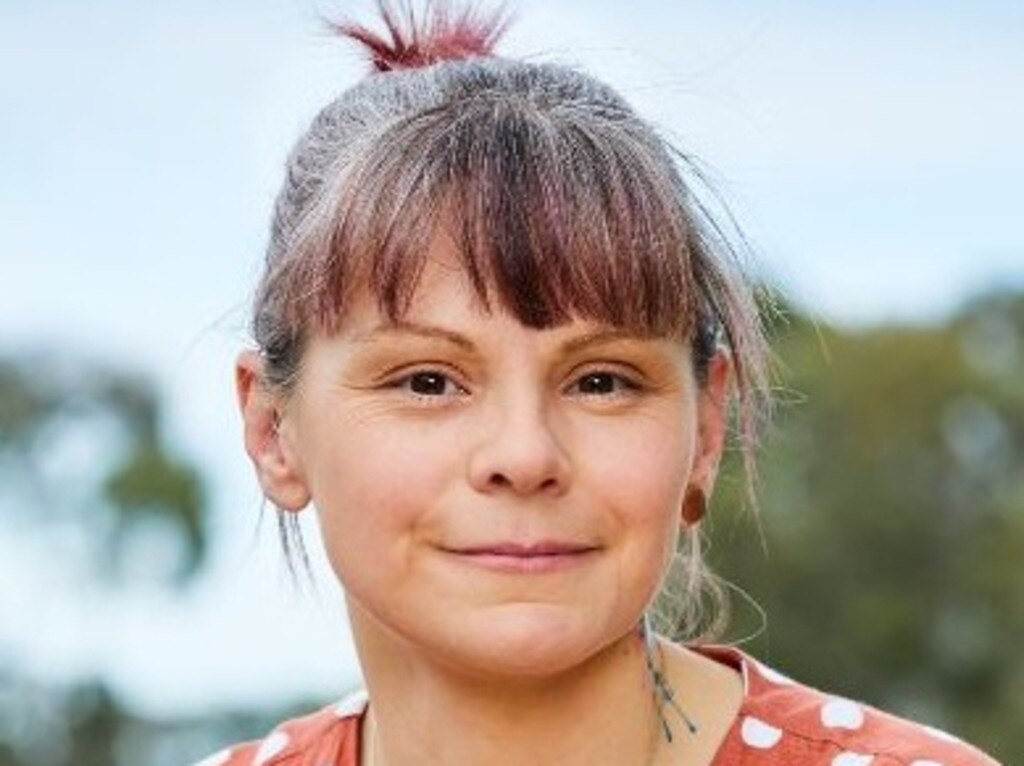Disability reforms too little, too slow, advocates warn
The government has rejected moves to phase out specialist schools, while decisions on keeping group homes and segregated employment programs have been kicked down the road.

Disability advocates have accused the federal and state governments of moving too slowly on disability reform after their response to the landmark disability royal commission left open the long-term future for special schools rather than bringing all students into mainstream schools within a generation.
The governments also kicked the future of disabled group homes and low-paid employment programs for people with disability down the road after both issues caused a split among the six commissioners in their final report delivered in September last year.
The Albanese government, in its response to the commission’s 222 recommendations, put a proposed new disability rights act on the backburner and merely “noted” a proposal for a new federal minister for disability inclusion.
Of the 172 recommendations for which it has primary or shared responsibility with the states, the federal government accepted 13 recommendations in full and another 117 in principle, while a further 36 were under consideration. Six were “noted”, an indication the government is unlikely to act on them, including the recommendations on segregated education.
The royal commission was charged with setting a future policy course to support the 5.5 million Australians with disability to live lives free from violence, abuse, neglect and exploitation, and to ensure their human rights and greater inclusion in society.
But after more than four years and over $500m, and despite most recommendations being unanimous, the division between commissioners on key issues left the reform road map unclear.
Despite the division, Social Services Minister Amanda Rishworth said both levels of government had worked together to find a “common position” on the commission’s recommendations, though she accepted there was still much to do.
“We are absolutely committed to continuing this work in order to sustain long-term, meaningful change for people with a disability,” Ms Rishworth said.

But advocates expressed their disappointment in the multi-government response, saying it was too little too late and failed to enshrine the human rights of people with disability.
“Today’s response is deeply disappointing and fails to respond to the scale of the violence, abuse, neglect and exploitation of people with disability,” a coalition of disability advocacy groups including Australian Autism Alliance, Disability Advocacy Network Australia and Children and Young People with Disability Australia said.
Marayke Jonkers, president of People with Disability Australia, said it was “devastating … and actually quite a shock in terms of how much effort and energy and emotional trauma was caused to everybody who gave evidence and spent 10 years fighting for this royal commission.
“We wanted to build a better, more inclusive Australia and we didn’t see the action we need today to progress that. We still have nothing that enshrines the United Nations Convention on the Rights of Persons with Disabilities through a human rights lens into Australian law,” she said.
On the issue of special schools the government’s response noted the split among the six commissioners, with three calling for a phase out by 2051 and the others saying they remained a viable education option.
“The Australian government recognises the ongoing role of specialist settings in service provision for students with disability and providing choice for students with disability and their families,” the response notes.
“State and territory governments will continue to be responsible for making decisions about registration of schools in their jurisdictions, with the intent to strengthen inclusive education over time.”
Down Syndrome Australia chief executive officer Darryl Steff said the lack of commitment in ending segregated settings in schools was “deeply disappointing.”
“It is unacceptable in 2024 that Australia continues to have no clear plan towards an inclusive education system, which is a requirement under international human rights agreements,” he said.
To facilitate some of the commission’s recommendations, the federal government said it was committing an additional $117m on programs including improving community attitudes to disability and supporting advocacy.
This was on top of more than $225m previously announced for a new disability employment program and $3bn over the last three budgets to drive greater safety and inclusion for people with disability, Ms Rishworth said.

The commission called for a response from governments by March 31, but this was delayed to allow for more consultation with the sector.
The government’s response said any consideration of a new disability rights act, the first of the 222 recommendations, should be done in conjunction with ongoing work around whether Australia should establish a new federal Human Rights Act.
And it said there was already sufficient representation in cabinet on disability issues through the social services and NDIS ministers in “noting” the recommendation for a new Minister for Disability Inclusion.






To join the conversation, please log in. Don't have an account? Register
Join the conversation, you are commenting as Logout